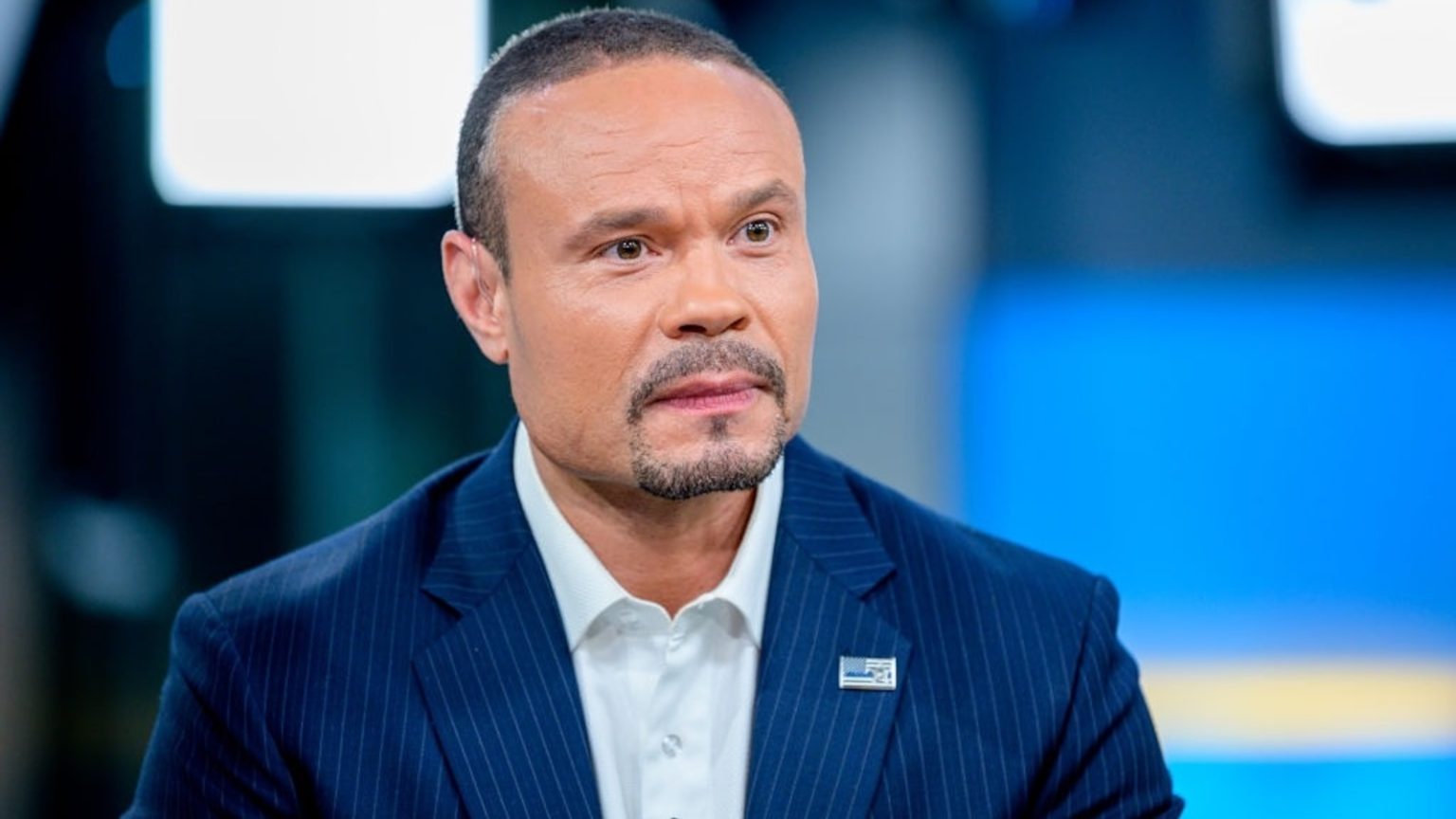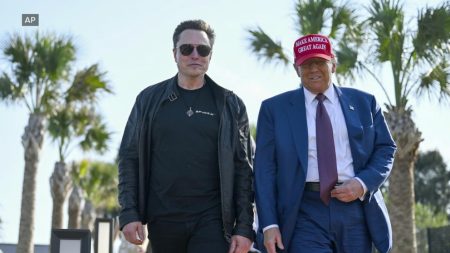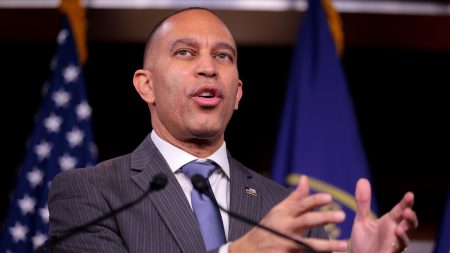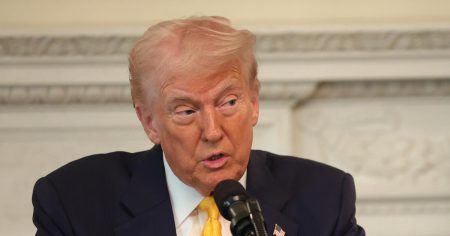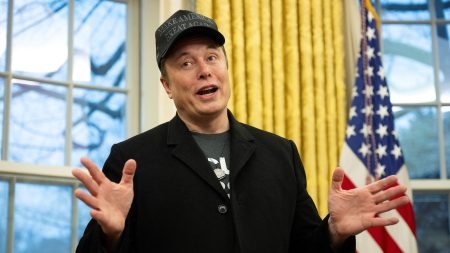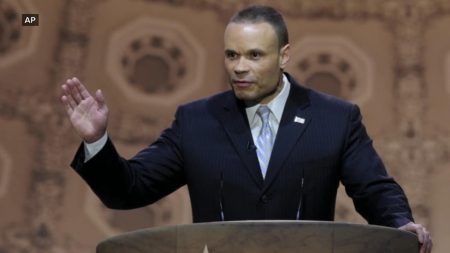A New Era at the FBI: The Appointment of Dan Bongino
In a move that has sparked significant attention and debate, Dan Bongino, a former Secret Service agent and prominent conservative media personality, has been appointed as the deputy director of the FBI by President Donald Trump. Bongino, known for his outspoken support of Trump and his popular podcast, "The Dan Bongino Show," brings a unique background to the role. His appointment marks a notable shift in the leadership of the FBI, an agency traditionally led by career professionals. This change has raised eyebrows, particularly among Democrats, who express concerns about the politicization of the bureau. The appointment of Bongino, alongside the confirmation of Kash Patel as FBI Director, underscores Trump’s strategy of placing loyal allies in key positions, potentially influencing the agency’s direction and operations.
A Controversial Choice: Democratic Reactions and Concerns
The reaction to Bongino’s appointment has been markedly divided, with Democrats voicing strong opposition. Critics argue that Trump’s choice of Bongino, a 2020 election denier, could lead to the weaponization of the FBI against political adversaries. Democratic Sen. Adam Schiff criticized the move, suggesting that Bongino might comply with unethical actions, thereby undermining the agency’s integrity. Similarly, Sen. Chris Murphy highlighted Bongino’s and Patel’s entrepreneurial ventures, implying that their focus may not solely be on public service. These concerns resonate with broader fears about the erosion of the FBI’s independence and the potential for partisan agendas to influence its operations.
From NYPD to National Podcaster: The Rise of Dan Bongino
Dan Bongino’s journey to the deputy director role is unconventional. Beginning his career as a New York Police Department officer in the 1990s, he later joined the Secret Service, where he protected former President Barack Obama. Bongino’s foray into politics came with an unsuccessful 2014 congressional run in Maryland, driven by his dissatisfaction with the Obama administration. Despite this setback, he cultivated a platform as a conservative commentator, eventually gaining prominence through his podcast and appearances on Fox News. His vocal support for Trump and skepticism of the 2020 election results have made him a contentious figure, blending his law enforcement background with partisan advocacy.
Shaping the FBI’s Future: Bongino’s Vision and Promises
Bongino has expressed a commitment to restoring trust in the FBI, which he has previously described as "broken." He aims to shift the agency’s focus towards its core mission, emphasizing the importance of rank-and-file agents and their work. Bongino has also signaled potential organizational changes, including reallocating personnel from Washington to field offices, a move that could significantly alter the FBI’s operational landscape. His vision includes fostering a nonpartisan approach, though his political leanings and past statements have drawn skepticism. Bongino’s personal background, including his upbringing as the son of a plumber and supermarket employee, has been highlighted as a testament to his commitment to public service.
Challenges Ahead: Restoring Trust and Addressing Criticism
Bongino faces significant challenges in his new role, not least of which is addressing the skepticism surrounding his appointment. Critics question whether he can lead the FBI impartially, given his political activism. Additionally, the morale of FBI employees may be impacted by his criticisms of the agency and his plans for restructuring. Bongino will need to navigate these challenges while working to restore public confidence, a task complicated by the polarized political climate. His success will depend on balancing his vision for the agency with the need to maintain its independence and integrity.
The Broader Implications: Politics and the FBI in the Trump Era
Bongino’s appointment reflects a broader trend under the Trump administration of appointing loyalists to key positions, raising concerns about the politicization of traditionally nonpartisan institutions. The FBI, with its critical role in national security and law enforcement, is particularly susceptible to such influences. As the agency undergoes changes under new leadership, the balance between political allegiance and professional integrity will be closely watched. The implications extend beyond Bongino’s tenure, potentially shaping the FBI’s role in future administrations and the perceived independence of law enforcement agencies. This era of leadership may define how the FBI navigates political pressures while upholding its mission to serve the American people.





